5 clues that a parking revolution is sweeping the nation
Rummaging in your pocket for a quarter to pay the meter, leaving in the ninth inning of a tie game to avoid a parking ticket, walking eleven inconvenient blocks because you couldn’t find a closer parking spot—these possibilities may become moot if a parking revolution really is occurring in America, as a report released by the International Parking Institute contends.

Millennium Point Car Park in Birmingham, UK, from Ell Brown.
The association, which represents the parking industry worldwide, surveyed parking professionals to discover trends in the field and found five that are changing how parking is handled in the United States.
1. Winning the Space Race—again
With so many technologies affecting our daily lives—from how we meet our spouses to the way our missing limbs are replaced and, rather literally, how we find our way—is it any wonder that technological innovations top the list of trends among parking professionals? When asked which key innovations are affecting parking most, 59% of those surveyed, for example, cited the technologies some cities now boast that improve parking-access control and payment automation—license-plate recognition (LPR) technology, for instance. Another 52% identified the numerous apps that can communicate real-time information, such as pricing and availability, to mobile phones.

Stack parking like this facility in New York is only the beginning of what we can expect in the way of changes to U.S. parking, according to an industry group. From La Citta Vita.
2. Ways to pay multiply
It used to be that cash was the only way to pay for parking, but consumers are finding that their options have increased. Now cities such as Houston and Pittsburgh offer pay-by-phone programs, with the nation’s capital top among them. Indeed, of Washington, D.C.’s seven million transactions to date, roughly 80 percent involve smart phones, with payment options that range from credit cards, PayPal, and online and money management solutions. The program has earned the city 550,000 customers and 40 percent of its parking revenues.
3. The better business path to parking
With cities clamoring for higher parking revenues, it’s no surprise that many have found ways to partner with private businesses to increase or better manage their budgets. The Los Angeles Department of Technology, for example, sought a public-private partnership that allowed it to upgrade half its meters at no cost to the city and to funnel the revenue from the effort towards the purchase of new equipment.
4. Green solutions proliferate
Green/sustainable solutions are a key feature of the parking revolution, said 30 percent of survey respondents. The parking industry is delivering: Cities like Portland, Oregon, use energy-efficient lighting in its public garages, while Tampa and Denver feature electric-vehicle charging stations citywide. Guidance technologies that help motorists find parking spaces faster have the effect of reducing carbon emissions, too, as do car-share programs, like the one instituted by Miami, the first U.S. city to do so.
5. Sociocultural shifts encourage change
Parking professionals avoided charges of social engineering and instead pointed to societal changes that have driven industry action. Sixty-two percent, for example, cited increased traffic congestion, as well as higher gas prices (54 percent) and the aging population (34 percent) as important factors influencing parking policies and plans. Calls for more livable, walkable cities (44 percent) were also noted as significant. If that doesn’t mean a parking revolution is in the works, then we don’t know what does.
Related Posts
Category: Parking, Parking management

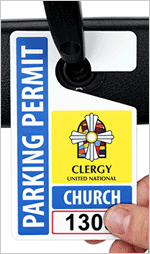

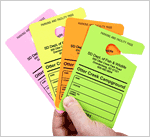
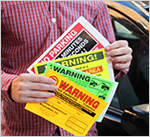
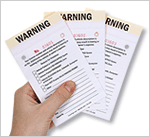
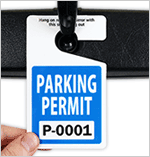
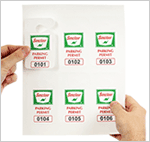
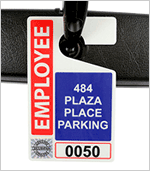
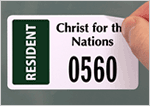











Comments (1)
Comments RSS Feed
Sites That Link to this Post